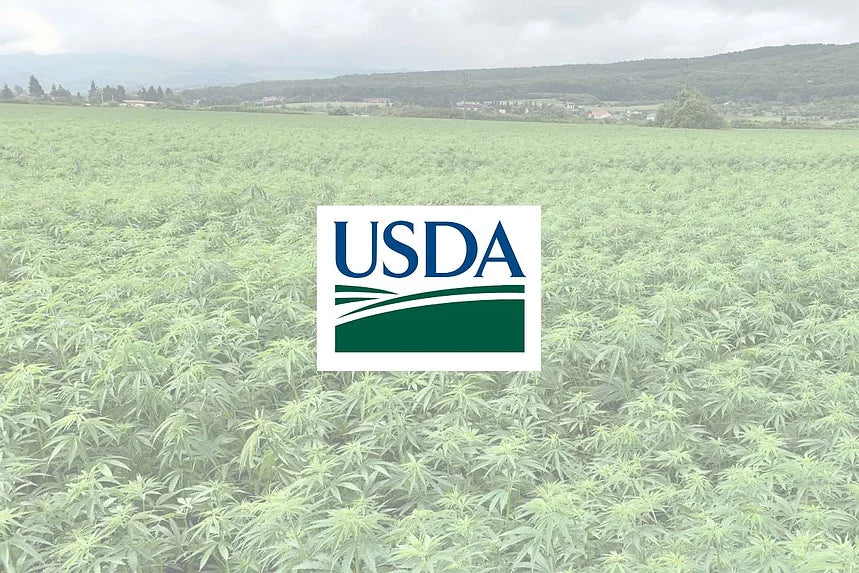Delta Extraction, a Robertsville-based marijuana manufacturer, is embroiled in a $20 million lawsuit filed by former contractor SND Equipment Leasing. The lawsuit stems from a massive product recall last year, which resulted in Delta's manufacturing license being revoked.
Primoli compared the situation to a homeowner hiring a contractor to paint their house green, only to be told later that the color doesn’t meet homeowners’ association regulations. Regardless of the compliance issue, the contractor still deserves to be paid for the work performed.
Despite being referred to as “Conte distillate,” Conte was not involved in this business deal and did not profit from it, according to the lawsuit.
The state of Missouri contends that any THC product must be regulated by the Division of Cannabis Regulation. Consequently, products made from Delta’s distillate were pulled off the shelves due to health risk concerns. Currently, 45,000 products are pending a decision in Delta's appeal.
However, SND’s attorneys argue that the distillate linked to the recall was made from a different hemp product introduced in May 2023. They assert that this distillate was tested by Missouri-licensed laboratories at all stages of production, with no complaints of health or safety issues reported to date.
Background on the Recall
In August, Missouri regulators decided to pull over 60,000 marijuana products from the shelves due to issues with THC concentrate oil produced by Delta Extraction. By December, Delta's manufacturing license was revoked, significantly impacting the company’s operations and reputation in the industry.SND Equipment Leasing's Claims
SND Equipment Leasing, a Missouri company, was responsible for creating the THC concentrate oil that led to the recall. According to the lawsuit filed in Franklin County, SND claims that Delta Extraction owes them more than $13 million for producing approximately 1,100 liters of THC concentrate oil and other related products. The oil, known as distillate, can be highly potent, with a liter of 80% concentrated THC capable of producing more than 70,000 individual gummies at 10mg THC each. This translates to nearly 80 million doses, or potentially double if the gummies are 5mg each.Additional Damages Sought
Besides the unpaid invoices, SND is also seeking $5 million in lost revenue. This claim is based on the state’s confiscation of their extraction equipment, which remained inside Delta Extraction's facility for five months. SND's attorney, Joy Primoli, stated that Delta Extraction had contracted SND to perform a job and that it was Delta's responsibility to ensure compliance with marijuana regulations. She argued that SND had no direct authority to communicate with regulators.Primoli compared the situation to a homeowner hiring a contractor to paint their house green, only to be told later that the color doesn’t meet homeowners’ association regulations. Regardless of the compliance issue, the contractor still deserves to be paid for the work performed.
Delta Extraction's Appeal
In March, Delta Extraction contested the recall and license revocation before the Administrative Hearing Commission. The decision on this appeal is still pending. The case has seen extensive documentation, including eight hours of testimony from SND owner Jason Sparks, who primarily operates in Oklahoma’s cannabis market. This lawsuit provides a detailed view of the estimated damages incurred by SND due to their business dealings with Delta Extraction.Delta's Operations and Business Relationships
Initially, Sparks was producing distillate solely for Conte, an Oklahoma-based marijuana brand. Conte, owned by Sparks' wife Tania Conte, is an out-of-state company that relies on Missouri-licensed manufacturing facilities to produce its products legally. However, by spring 2023, the supply of marijuana distillate in Missouri was low. Delta Extraction then contracted Sparks to produce large quantities of distillate, which Delta sold to around 100 other Missouri manufacturers. These manufacturers used the distillate to produce gummies and vapes, resulting in a widespread product recall.Despite being referred to as “Conte distillate,” Conte was not involved in this business deal and did not profit from it, according to the lawsuit.
Regulatory Compliance Issues
The crux of the legal issue lies in the composition of the distillate. Sparks extracted a small amount of THC from Missouri-grown marijuana, which is heavily regulated by the state. He then added a large amount of THC oil extracted from hemp, an unregulated product. While it is less expensive to produce distillate from hemp, Delta's consumers paid prices consistent with marijuana-derived products.The state of Missouri contends that any THC product must be regulated by the Division of Cannabis Regulation. Consequently, products made from Delta’s distillate were pulled off the shelves due to health risk concerns. Currently, 45,000 products are pending a decision in Delta's appeal.
Delta Extraction's Defense
Delta argues that hemp is not a federally controlled substance and that the state lacks authority to regulate hemp-derived THC products. Testimony and evidence during the March appeal revealed that state regulators were aware of the process used by SND and Delta well before the recall. Despite this awareness, the state claims that Sparks' testimony confirmed their health and safety concerns, as he could not recall the source of the hemp-derived THC oil used in early distillates.However, SND’s attorneys argue that the distillate linked to the recall was made from a different hemp product introduced in May 2023. They assert that this distillate was tested by Missouri-licensed laboratories at all stages of production, with no complaints of health or safety issues reported to date.






































